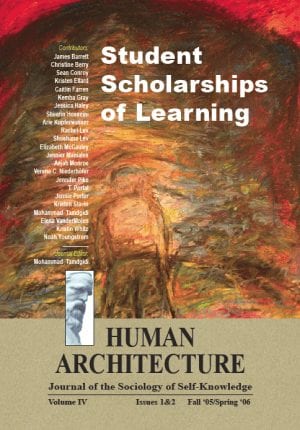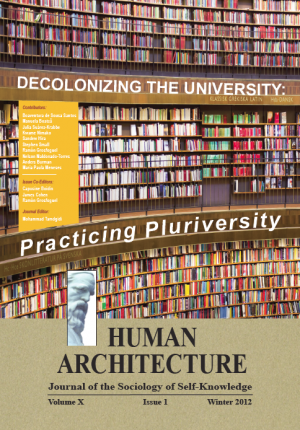Journal Article — In Digestion: Processing Self in a Cycle of Consumption — by Jennifer Maniates
$15.00
Drawing on the Marxist concept of alienation, I argue in this article that we as a society have perverted our relationship to the food we buy and eat and that this current trend in consumption separates us not only from the food but also from each other and our selves.
Description
Abstract
Ignorance is bliss, as the old saying goes and it is hard to imagine in today’s world that one could possibly remain ignorant for long. We are inundated with information and media at every turn. From magazines to newspapers, from television to music, from the internet to PDAs, the availability of knowledge and resources has never been greater. And yet, when it comes to our consumption choices, especially those which involve the food we eat, many people are tuned out, uninformed or worse, misinformed by the magic of advertising. Drawing on the Marxist concept of alienation, I argue in this article that we as a society have perverted our relationship to the food we buy and eat and that this current trend in consumption separates us not only from the food but also from each other and our selves. I have been actively fighting this battle myself over the past few years. As Morgan Spurlock (2005:6) notes in Don’t Eat This Book, “the epidemic of overconsumption that’s plaguing the nation begins with the things we put in our mouths.” I want to have a better understanding of the choices I make and at the very least, be aware of my own consumption patterns and how they impact my life.
Recommended Citation
Maniates, Jennifer. 2005/2006. “In Digestion: Processing Self in a Cycle of Consumption.” Pp. 9-20 in Student Scholarships of Learning (Human Architecture: Journal of the Sociology of Self-Knowledge: Volume IV, Issues 1&2, 2005/2006). Belmont, MA: Okcir Press (an imprint of Ahead Publishing House).
The various editions of Student Scholarships of Learning can be ordered from the Okcir Store and are also available for ordering from all major online bookstores worldwide (such as Amazon, Barnes&Noble, and others).
Read the Above Publication Online
To read the above publication online, you need to be logged in as an OKCIR Library member with a valid access. In that case just click on the large PDF icon below to access the publication. Make sure you refresh your browser page after logging in.








